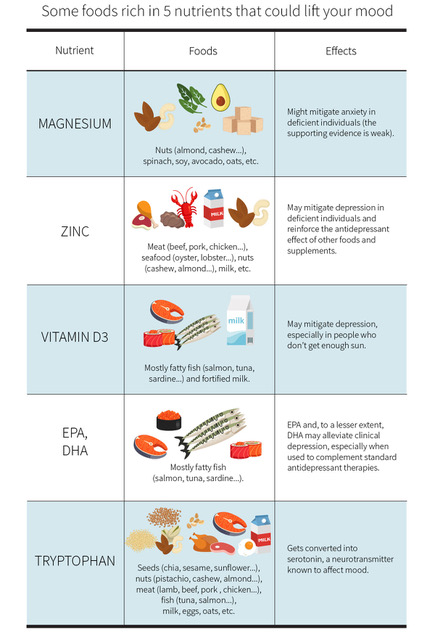Avoid Getting SAD
by Dr. Sofie Desforges-Bell, naturopathic doctor
Seasonal Affective Disorder (SAD)
 Transitioning Into Fall
Transitioning Into Fall
As we transition into the cooler weather and shorter days of the fall season, some of us may feel the effects on our overall well-being. Lower mood, increased worry and irritability, fatigue, difficulty concentrating and changes in appetite, are a few of the many symptoms you might be experiencing right now. This seasonally induced depression is called Seasonal Affective Disorder.
2020 – A Challenging Year
2020 has definitely brought on extra challenges with COVID-19, the social and racial unrest, and the financial uncertainties of the world. With everything going on, you may be more susceptible to experiencing mental health challenges. This can include Seasonal Affective Disorder. The degree of severity will vary depending on each person’s resilience threshold. Whether you realize it or not, your threshold may have decreased in recent months. You may have maxed out all of your resources and your surge capacity is running out of fuel.
Less Sunlight = Lower moods
Shorter days means less exposure to sunlight. This can cause a host of effects in the body including disrupting your circadian rhythm and your sleep, throwing off your routine, affecting your mood, and creating an imbalance in your hormones. This lower exposure to sunlight decreases the production of key neurotransmitters serotonin and dopamine. Low levels of these transmitters have been associated with depression and Seasonal Affective Disorder.
Tips to help
- Incorporate lots of movement during the day. This produces endorphins which help with mood.
- Spends as much time as possible outside.
- Maintain good sleep hygiene, including regular sleep-wake hours.
- Try light therapy.
- Include key nutrients that have been shown to help lift your mood. Check out this infographic from examine.com to learn more.

I was drawn to naturopathic medicine as it allows me to explore the root cause of disease in a holistic manner. I love incorporating evidence-based natural medicines with more traditional therapies. By individualizing treatment plans to address each patient’s unique health journey, I guide my patients to optimize their physical, mental-emotional, and spiritual wellbeing.
